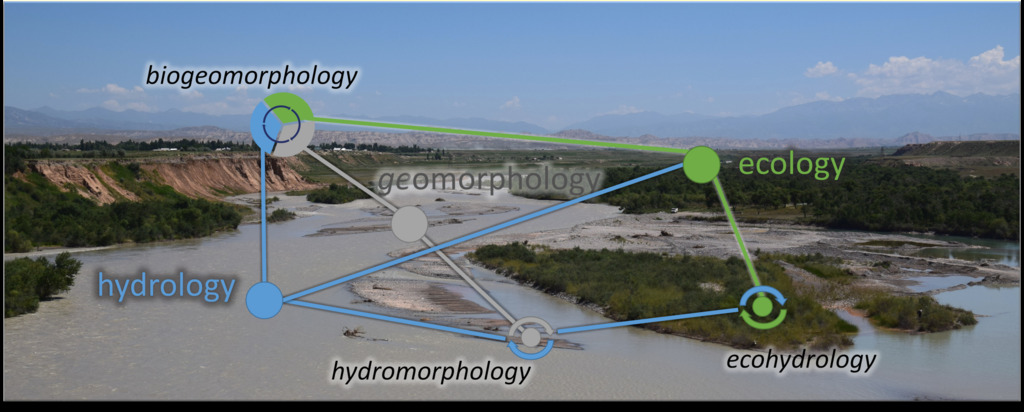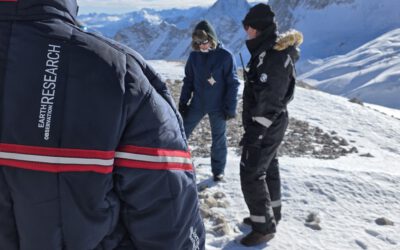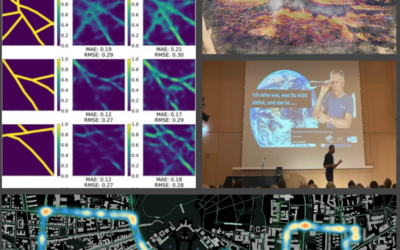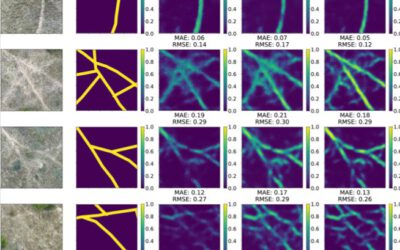Learning Earth Observation Data Acquisition in Real-World Conditions
As part of our course on Earth Observation data acquisition, EAGLE students experience first-hand that even the best planning is ultimately shaped by the weather. While flight plans, measurement strategies, and schedules can be carefully prepared in advance, field...









